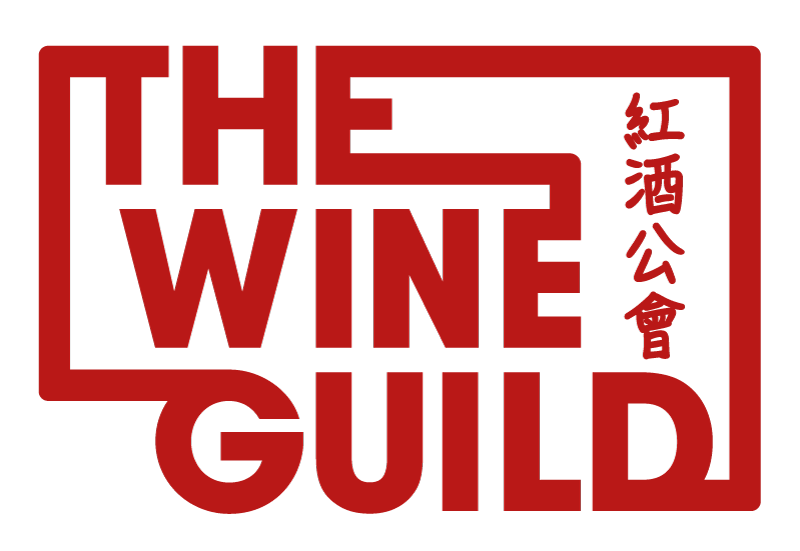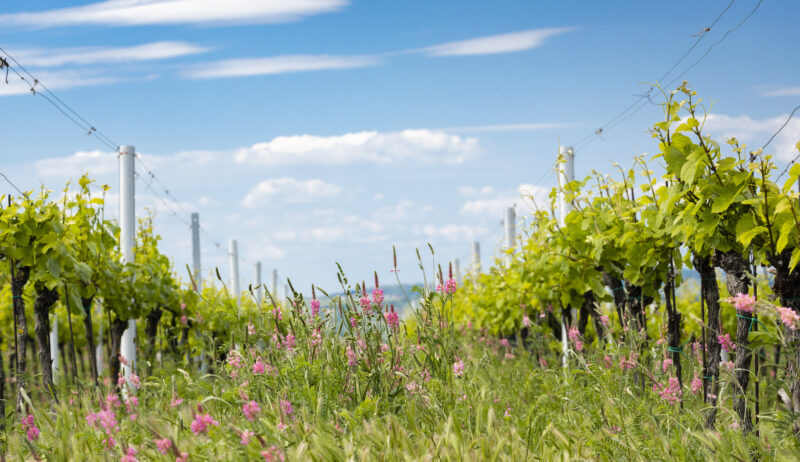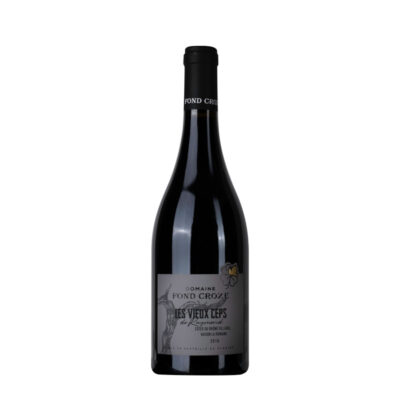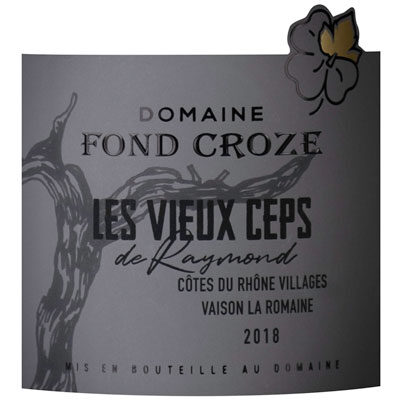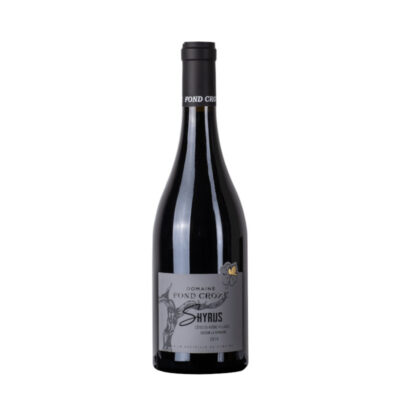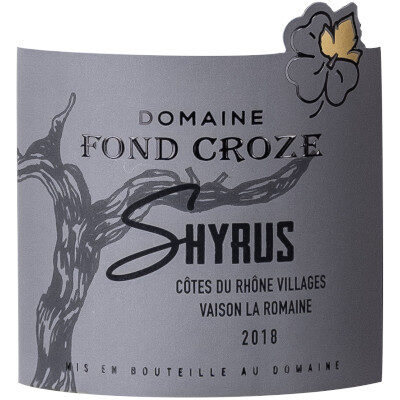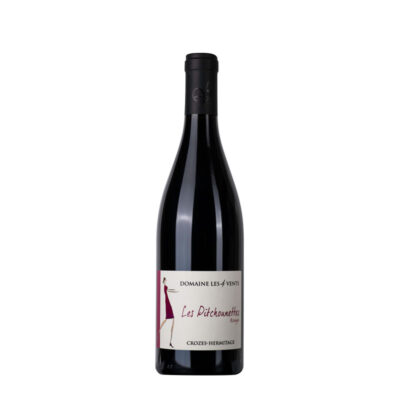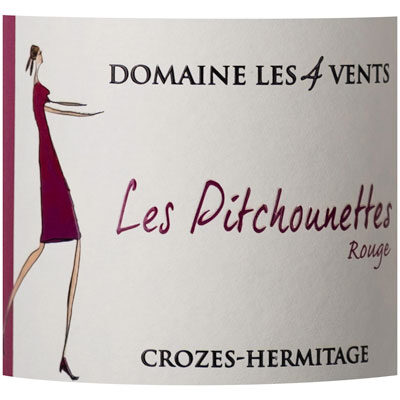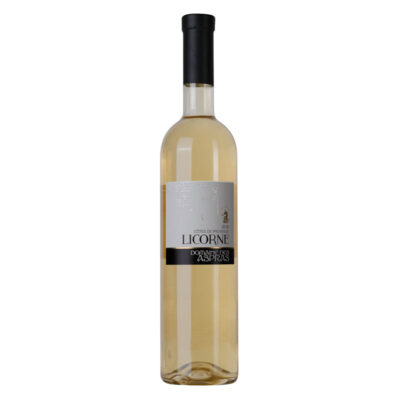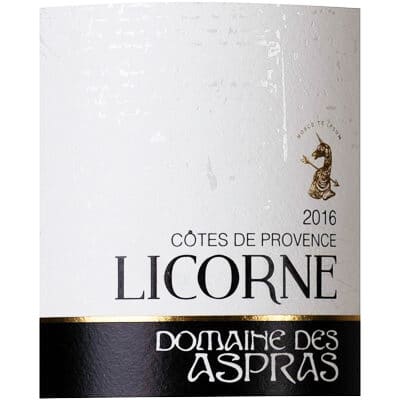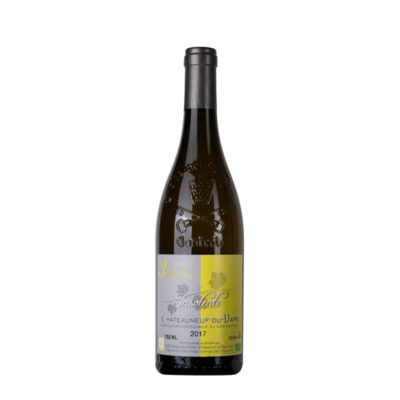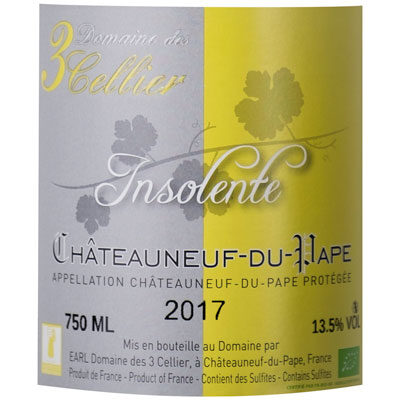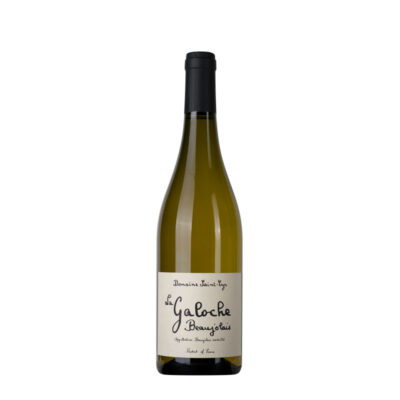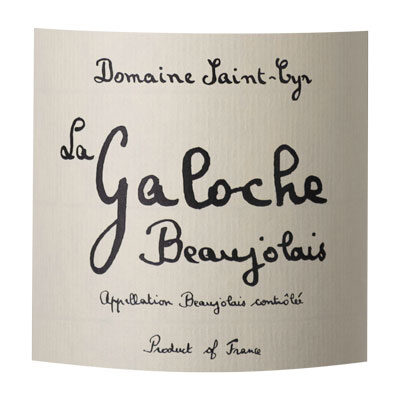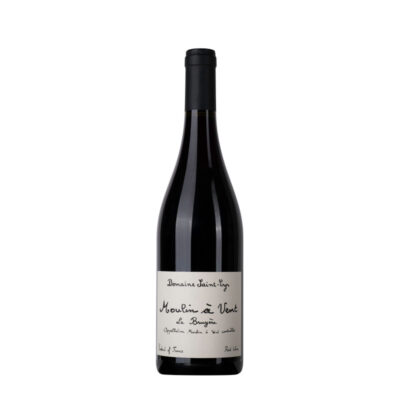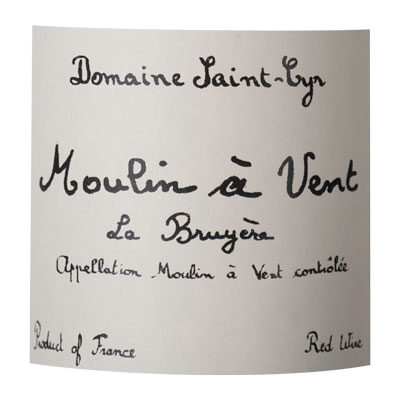News
What is Organic wine? and why it’s important to us…
What is Organic Wine? and why it’s important to us…
Since 1991 in Europe, a wine with the “organic” label was a wine produced following the principles of Organic farming, which means that the grapes must be free from synthetic fertilizers, herbicides and pesticides.
In 2012, however, further regulations were introduced and the Organic Wine specifications now include the wine-making methods, which means both the vineyard and the cellar face strict requirements.
What does it take to make organic wines?
Every responsible winemaker knows the following quote from Antoine de Saint-Exupery:
“We do not inherit the lands from our fathers, we are borrowing it from our children.”
With this vision in mind, a growing number of independent farmers are implementing organic practices in their vineyards although the process can be very challenging. Indeed, switching to organic requires extra labor, at extra costs, and depends heavily on the geographic location of the vineyard.
In most cases, switching to organic farming also affects the yields stability, especially when the winemakers choose to prioritize quality over quantity by keeping their old vines (the older the vines, the lower the yields, the higher the quality).
CHECK OUT SOME OLD VINES / ORGANIC WINES:
Languedoc
Côtes du Rhone
Why do we support Organic Farming?
Winegrowers normally spend a lot of time in their vineyards, to keep it safe and under control. They also invest heavily to ensure they don’t lose too many crops and produce ripe, healthy grapes (we probably found out a long time ago that worms, spiders and rotten grapes don’t improve the aromatic complexity of the wine).
Coming from Bordeaux, which has a Maritime climate, I know that local winemakers have to deal with a lot of disease pressure. Humidity and heat facilitate the emergence of fungi and bacteria that are sometimes carried by insects or spiders…
It is indeed much harder in this region to obtain Organic certification, because it sometimes means having to forgo entire crops on some vintages. Some winemakers are not prepared to do that.
However, all the winemakers we are working with have implemented organic practices, or implemented strict requirements in terms of vineyard management, to make sure that the products are environmentally friendly.
It is in fact very important for us: having studied vine biology in Bordeaux, I am personally well aware of the requirements, and vineyard Management has always been my preferred angle to select a wine (as opposed to winemaking techniques, or focusing on wine tasting notes and awards…)
So what should our approach be with regards to Winemaking and Organic farming?
When we know nothing about it, it is of course easy to see the Agro-Chemical industry as a big evil that destroys our environment.
When we take a closer look, however, we observe that we are swamped with products that are mass-produced, or imported, and making shopping decisions that are environmentally conscious is difficult.
That is why all our wines come by sea (rather than air), which is both a commercial and ethical choice.
We see that most consumers tend to focus on the finished products, and the very taste of the wine, without questioning the producing methods.
But technology and winemaking regulations allow wine producers to use all sort of additives to correct the wine, to compensate for the lack of acidity or ripeness etc… It often does the trick when it comes to mass-produced, cheap supermarket wine, but if you are reading this, you know that life is too short to drink bad wines…
Whatever methods you use, at the end of the day, every winemaker will tell you that you can only make a good wine with a good harvest. And on a farming point of view, how you obtain “healthy” grapes should also sustain scrutiny.
So in my opinion, the quality of a wine can not be judged by its awards, or tasting notes only… but by the ethics and the vision of the farmers as well.
Now it is possible that some organic wines may not be to your liking, that you simply don’t like the style of the winemaker, or a specific grape. But trust me: a wine made without pesticides and herbicides should be more authentic, and the winemaker who chooses this path, will put all his efforts in the bottle to please your palate.
Organic may not be sufficient though, and the Organic products still need to be regulated: : as an example, the famous “Bouillie Bordelaise” used against Mildew since the 19th century, is composed of copper and limestone and it needs to be used sparingly.
Traditionally, the Wine industry is a rather conservative and male dominated one, but thanks to the concerns of some dedicated farmers, it has improved a lot. We think it is important for our clients to understand how the industry works. It will help all of us to be more aware, and change our habits in a positive way.
CHECK OUT SOME ORGANIC CERTIFIED WINES:
Côtes du Rhone
Côtes du Rhone
Côtes du Rhone
Let’s push the reflection a little further: what is Biodynamie?
Biodynamie is a systemic or holistic approach that considers the vine in its environment. It will sometimes recall some esoteric concepts, and the moon calendar has a great influence in all the decisions. This is why it is a difficult concept to grasp for many people who are not in the field.
These concepts of biodynamie raise the very important question that was always on the mind of engineers, scientists, and especially ecologists (and by that I mean someone who studies the science of ecology, all politics aside): shouldn’t the vine be able to defend itself?
Well, for monoculture practices, we treat the disease once it appears, but shouldn’t we focus more on the natural balance of the vine in its environment?
In fact, it is rather logical: if we protect our environment, it will achieve a natural balance that will make it more adaptable, and it will regulate itself.
It is not rocket science: the scientists and chemical dealers I’ve worked during my studies knew that one concern, raised by all the official studies, was to guarantee that the product that was sprayed was safe for the secondary fauna, because this biotope helped regulate other diseases. For instance, during an internship, I remember counting the typhlodromus on leaf samples: the tiny little bugs were actually eating the red spiders… so if you could protect them, you would not only save yourself a few treatments, you would also protect your biotope and keep a healthy ecosystem.
Plants also have natural defenses, however in a model of monoculture, where too many of the same plant species in one crop are reproduced massively, there is a risk that the genetic pool is damaging the natural defenses. And this is why farmers are usually attached to their old vines: they do Massal selection from them because these vines are adapted to their specific environment.
CHECK OUT SOME BIODYNAMIC WINES:
Beaujolais
Loire
A wider reflection about our consumption:
If we consider ourselves privileged to live in a part of the world where food is widely accessible, can we think for a moment about the responsibility we have as citizens? What do we want for our planet, and future generations? Do we want to use the soil as a commodity that remains at our disposal or do we, as responsible consumers, want to promote responsible and sustainable farming?
After years of greenwashing, the world has finally understood that we need to change our habits, and hopefully the global regulations will be more favorable to a greener economy.
Meanwhile, as consumers, entrepreneurs, and investors, we already have a strong willpower, let’s use it.
